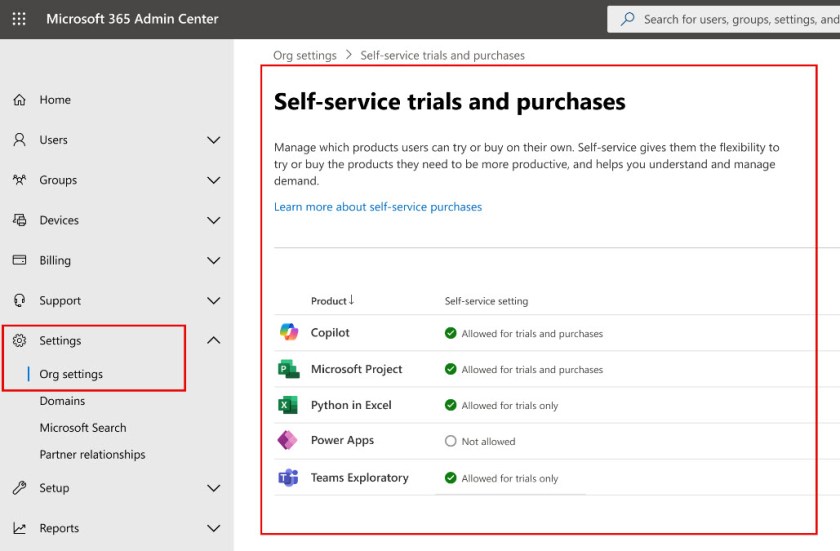Table of Contents
Decision to Rationalize License Management Not Popular
I think it’s fair to say that Microsoft’s decision to rationalize license management in the Microsoft 365 admin center has not met with universal approval. Among the complaints made are that license management in the Microsoft 365 admin center is slow, unwieldy, and lacks functionality when compared to the Entra admin center.
Some of the reaction is due to change. People don’t like change when they perceive it to be for no good reason. The argument advanced by Microsoft is that it makes more sense to collect all license management into a single console. Given that the majority of license management involves Microsoft 365 solutions, the Microsoft 365 admin center seems like the best place. What’s unsaid is that rationalization delivers reduced engineering, documentation, and support costs for Microsoft, none of which benefits the consumer. There’s no prospect of a reduction in Microsoft 365 license monthly fees due to a fall in Microsoft development costs.
Potential for Benefit
Even though I sympathize with those who dislike the change, the potential for benefit exists if Microsoft exploits the new focus on license management through the Microsoft 365 admin center to drive feature improvements. Hopefully, performance improves too. There’s nothing more annoying than waiting several seconds for a screen to display data when you know that better response is possible. The Entra admin center proves that greater alacrity can be achieved, as anyone who has worked with the Graph APIs for license management knows that the APIs are not slow.
The nature of cloud services is that customers don’t get to vote about the details of service delivery. Microsoft provides license management functionality. How they deliver that functionality and how quickly the UI responds is entirely up to the service provider.
Change in User and License Management Roles
Which brings me to message center notification MC810926 (last updated 15 August 2024) covering the enablement of the user administrator and license administrator roles to be able to process self-service license requests through the Microsoft 365 admin center. Previously, only those holding the global administrator role could process self-service license requests but the deployment of the change to enable the other roles should be complete worldwide by the end of August.
Microsoft says that the change brings consistency with the Azure portals (Azure, Entra, and Intune) where user and license administrators can already approve (or deny) requests. Of course, the fact that license management is rationalizing in the Microsoft 365 admin center has nothing to do with the change.
Of course, before anyone can process requests, administrators must enable products like Visio and Power BI Premium for self-service. As discussed in this article, many tenants use the infamous MsCommerce PowerShell module to manage the set of products permitted for self-purchase (or to disable all products). Microsoft 365 Copilot is the latest product (id CCFQ7TTC0MM8RS) to join the set.
According to message center notification MC853238 (6 August 2024), Microsoft plans to introduce a GUI (Figure 1) to allow tenant administrators to control self-service purchases and trials for individual products. Not having to use the dreaded MsCommerce module is good enough reason to welcome this capability.

Some Signs that Change Will Deliver for Administrators
As noted earlier, some don’t like to embrace change. It’s up to Microsoft to demonstrate that the rationalization of license management into the Microsoft 365 admin center is a good idea. Making sure that the Microsoft 365 admin center offers the same capabilities as the Entra admin center is mandatory. Introducing new functionality like the GUI to manage self-service license purchases and informing administrators when users make self-service purchases are two examples of how rationalizing around a single admin center makes the change better for all.
Keep up with the changing world of the Microsoft 365 ecosystem by subscribing to the Office 365 for IT Pros eBook. Monthly updates mean that our subscribers learn about new developments as they happen.